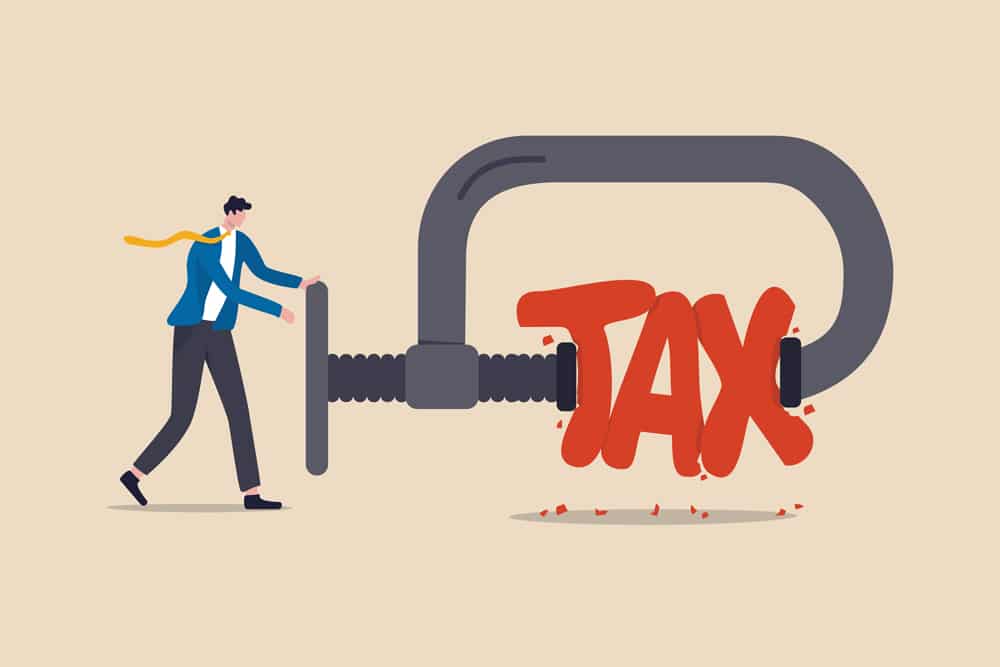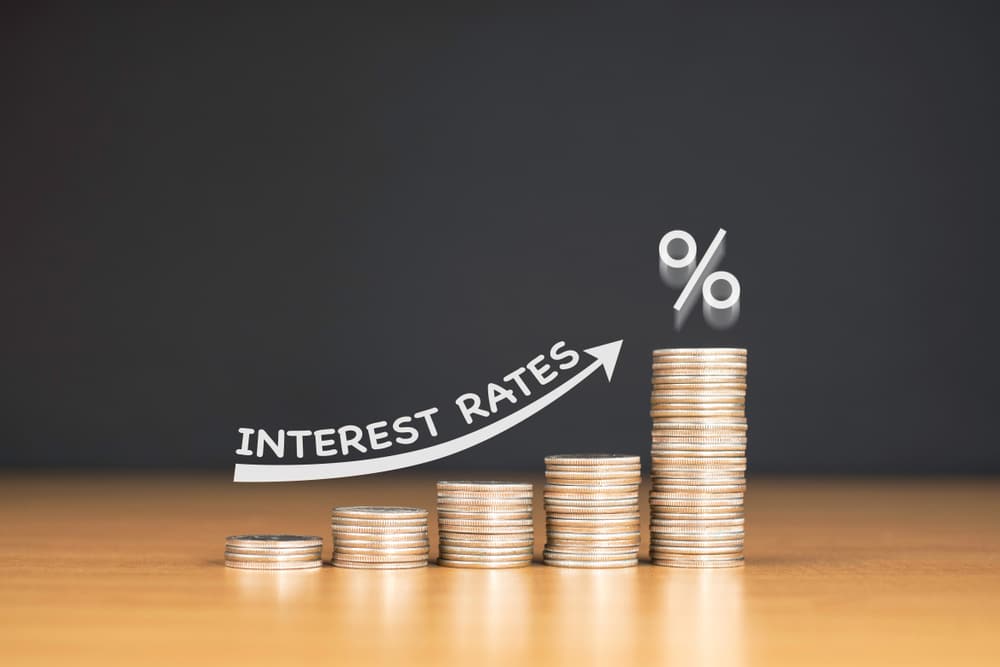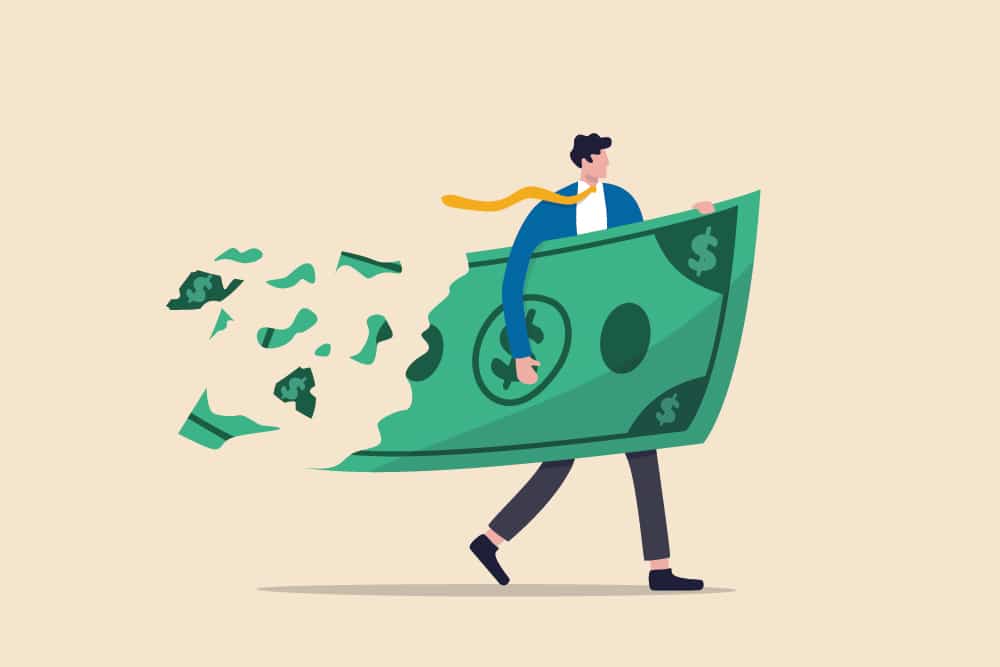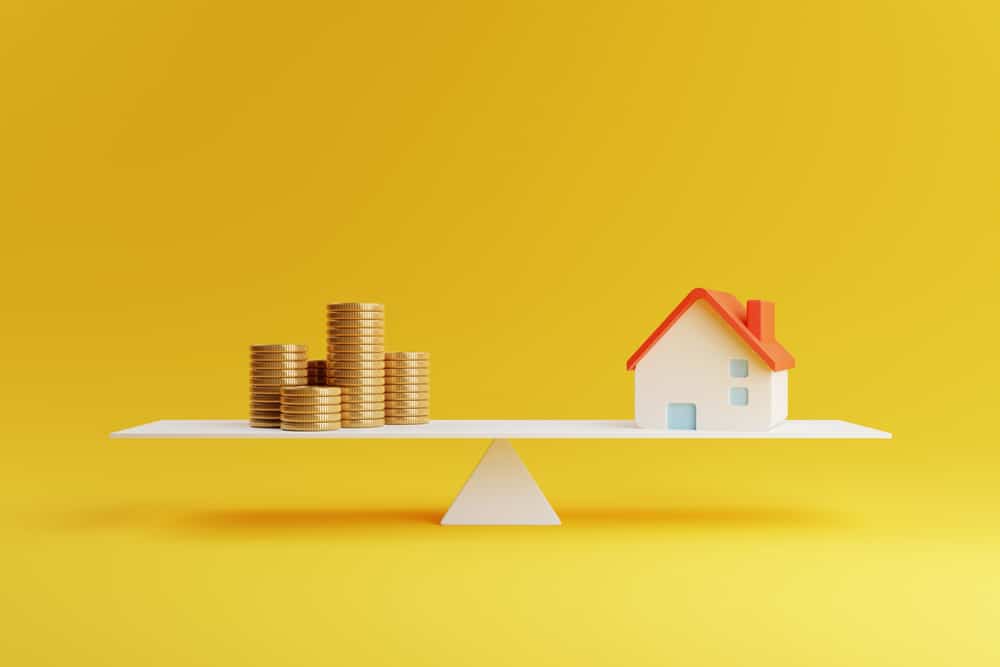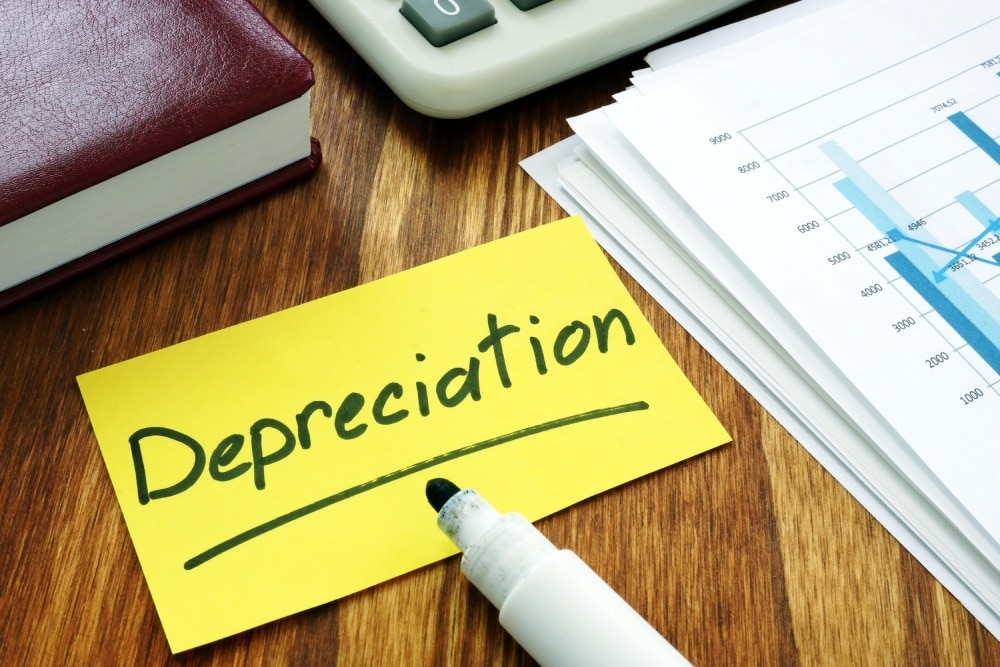
The Only Time You Should Sell An Investment Property
The golden rule of property investing is to buy well and NEVER SELL. However, there are always exceptions to the rule…
Firstly, let’s look at why you would keep an investment property? If you buy a great piece of real estate, in the right location, it will always create a passive income for you, so there will be no reason to sell it.
Also, selling property is EXPENSIVE! It costs you money in styling, agents fees, possibly a loss of rental income during the process, and taxes.
In a perfect world you would never need or want to sell an investment property.
But… as we all know, we don’t live in a perfect world and sometimes, even with the best of intentions, things don’t always go the way we expect.
So, are there times you should sell a property? And how do you know when it’s time to sell?
One major reason people go down this road is because they bought bad in the first place. Often times when we’re holding onto bad stock that’s weighing our portfolio down, the best option is to sell.
We’ll break down what a dud looks like in a moment, but first lets’ tackle the big question – how did you end up buying a bad property?
LACK OF STRATEGY
Too many people who have got the means and desire to become a property investor jump in with zero strategy.
They listen to the wrong people about what, when and where to buy and make decisions that aren’t based on expert information or knowledge.
While some might get lucky and do alright, others end up with a lemon.
The real reason behind this is a lack of strategy.
Property investment is a marathon, not a sprint, and to play a long game you need a well prepared, thought out strategy.
An investment plan will ensure you ask and answer questions like these and so many more:
- How much income do I need to live the life I want?
- How many properties will I need to make that income?
- How long will it take me to buy those properties?
- Do I have the means to create financial buffers for myself and each of my investment properties should things change?
- Do I know what kind of loan structure I need?
Without a strategy you’re in the dark, which is never a good place to be when it comes to smart investment choices.
WHAT IS A DUD PROPERTY?
In property investment a dud property is one that is holding you back. This one property is stopping you from achieving your goals of creating a portfolio that will create enough passive income for you to live your best life.
How does a property hold you back?
- It’s in negative cash flow
- It’s too old
Negative cash flow is the last thing we want as property investors. Cash flow is king and without it we can’t buy our second, third or fourth property.
Even if the property is growing in capital value, if the cash flowing out of your pockets is negatively impacting the servicing of your loan, you won’t be able to borrow enough to raise your next deposit. You also won’t be able to access any equity you’re making.
Equally, an older property that is costing you so much in maintenance costs and repairs that it’s sucking the life and cash out of you, is a dud. If you get to the stage where it’s going to cost you less to demolish and rebuild, than it will to fix up the current structure, you have a decision to make.
WHEN IS THE RIGHT TIME TO SELL
While we know there might be times that selling is the right thing to do, take your time and think about what you’re trying to achieve.
Also, what are you going to do with the cash you get from the sale, where will that money go to serve you best?
Migrating your money from a property that you feel has done its job and has nothing else to offer, into one that has long-term potential might incur some costs, but they’re opportunity costs and might be worth the hit.
Just make sure you consult some experts who can help you create a clear strategy. Coaches like those at Positive Real Estate can help you visualise your long-term goals and how to get there.
DEVELOP YOUR GAME PLAN
Let the experts at Positive Real Estate teach you about the different strategies around buying and where appropriate, selling.
Sign up for one of our information and education events, where you’ll be equipped with the tools, resources and support to thrive, and not fall behind on your path to financial freedom – whatever that may look like for you.
Book your spot now and find out what you need to know about the current market landscape and how you can make it work for the ultimate wealth creation opportunities.
Recent Articles
How To Claim Back 78 Per Cent Of Your Tax!
There are ways to reduce how much tax you actually pay in order to keep more cash in your pocket – the golden word – property investment. You see, owning real estate in Australia can be very tax effective. This is how you can minimise the amount of tax you are liable to pay.
How To Prepare for a Rise in Interest Rates
Smart property investors know that it’s dangerous to get too comfortable. Real estate is an ever-changing thing. Markets go up, down and plateau – and so do interest rates. The question is, how prepared are you for a Rise in Interest Rates? The key is being ready to use these strategies.
3 Ways a Property Investor Will LOSE Money!
There are many ways you can win big by investing in real estate. Equally, if you lose sight of the basics, you’ll end up losing something much worse – money! No one sets out on their property journey to go backwards financially, so take note of these three common mistakes that investors often make, because if you don’t, it may cost you in the long run. Here are 3 ways an investor can lose money…
An Investor’s Guide to Multi-Income Properties
When it comes to building a booming property portfolio, diversity is key! There are four primary multi-income types that Australian investors can buy at the moment.
Property Cash Flow Basics For Creating Passive Income
Buying real estate is similar to running a business – good performance is derived from your ability to generate cash flow. For a property investor, this means eventually living off the passive income that your real estate generates. Therefore, it is especially important that you map out your ability to build a portfolio that will deliberately achieve this level of success from the get-go.
How Property Investors Can Reduce Tax Down To Zero!
Those who own real estate are subject to many, different kinds of tax. Some tax is unavoidable. Other kinds of tax are legally, 100% avoidable – or at least able to be reduced substantially. With the Victorian government recently announcing a rise in the land tax threshold it’s even more important that property investors know where they can and should minimise the tax they pay.
A Property Investor’s Guide To Depreciation
Every smart property investor knows that to create and maintain a portfolio, we need to have good cash flow. One of the ways we can support this is by using depreciation and tax. But, just like equity, depreciation only works for us if we know how to access and then leverage it.
A Property Investors Guide To Guaranteed Rental Increases
Rent is your weekly or monthly incomes from your property. And it’s an income you don’t work for. It’s the absolute key to good cash flow and passive income, so it’s essential you are able to keep raising your rents at regular intervals. But, what makes it possible for property investors to do this?
House vs Apartment – Which Is Better for Capital Growth?
Many property investors favour one type of property – either apartments or houses. While there are pros and cons to both, which we will discuss here, one of the often forgotten advantages of houses is the investment you’re making not only in the bricks, but also in the land. Land value in itself increases over time, and investment in a piece of land also provides opportunity to renovate, subdivide and develop, all of which lead to greater capital growth.




